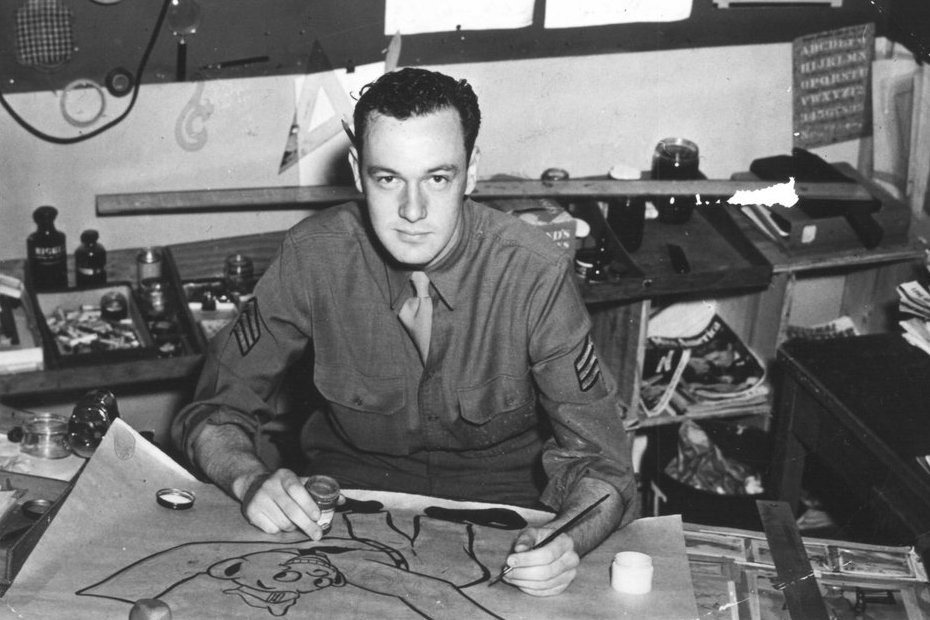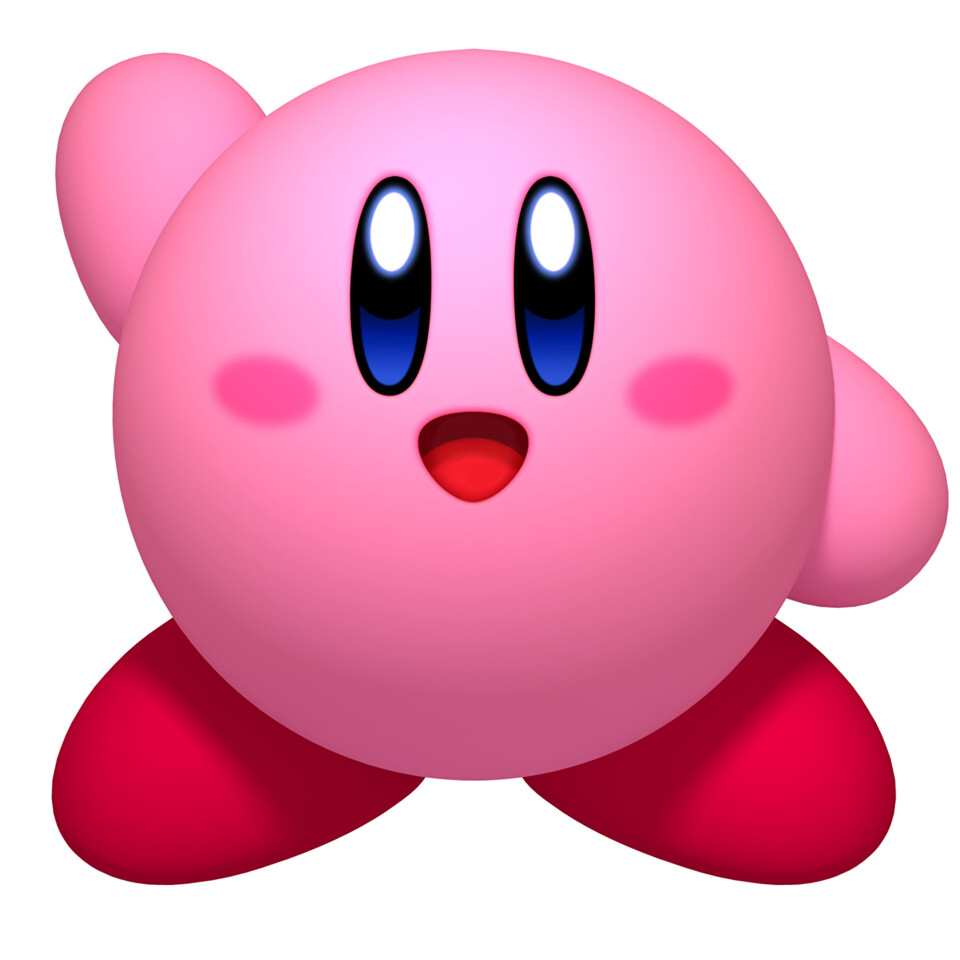I know Stan Lee was a cartoonist in World War Two when he was in the US Army. He did not fight during the war, but was in the Army. He also wrote several Marvel comics such as some of the Howling Commandos that take place in World War Two. So how, if in any way, we’re his comics shaped by his time in WW2?
What was Stan Lee’s role in WW2 and how did his time influence his Marvel comics (if it did at all)?

Stanley Lieber (Lee) was a telephone pole lineman for the U.S. Army Signal Corps stationed in Fort Monmouth, New Jersey. He was later transferred to the Training Film Division to create posters and worked as a writer of films, shorts, and comics for the duration of the war, his classification being “playwright.”
FUN FACT: His division also had Frank Capra, Charles Addams, and Theodor Geisel. Yes, that Geisel.
Lee was already working for Timely Comics by the time he joined, though he wasn’t famous yet. He was just an everyday comic book writer in 1942.
As to the war’s effects on Lee, it was quite the positive one. Among other things, you wouldn’t see the Marvel Method the way it’s familiar now without the war.
Lee-related:
SPOILERS!
Steve Ditko served in the U.S. Army at the end of the war, serving in Allied-occupied Germany, drawing comics for the Army papers.
Jack Kirby was drafted into the U.S. Army in 1943, eventually being assigned to Company F, 11th Infantry Regiment. He landed on Omaha Beach shortly after the D-Day landings and according to Kirby, a lieutenant, learning that Kirby was in his command, made him a scout who would advance into towns and draw reconnaissance maps and pictures.
Is jack kirby somehow related to this kirby?

No, though it would be great 
I never read an in-depth biography, so I don’t know if the familly was touched by the Holocaust, but there is no doubt that Lee was patriotic.
Just before the war he worked for the company of Martin Goodman, and Lee was a cousin of Goodman’s wife. Goodman’s company Timely published “Captain America”, and Lee did write his first stories for the comic. So even before his time in the Army he was familiar with comics inclined to patriotic propaganda.
I think his time in the Army did influence him as much as it did other young men who never did leave the country for the front.
As far as his later writing is concerned: for Lee comics was first and foremost a living. After the war he returned to Goodman and his little empire of magazines and comics in New York. Lee was both editor and writer, responsible at times for more than sixty titles, back then only sold at newsstands, and he had no “message”. Comics were thought for kids. When superheroes did no longer sell and horror was the thing, Goodman (and Lee) did horror comics among others. And when horror crashed badly after the hysteria of 1954 because comics got blamed for problems like juvenile delinquency, Goodman had to cancel most of his comics because the product suddenly was a bit toxic. Lee remained, most of the staff and the freelancers got fired.
When Lee later in the early sixties started his new take on superheroes and wrote the whole line at first alone, he sometimes took extra efforts to incorporate patriotic elements in some of his titles. He tried to be as anti-communist as much as possible, to the point of being painful in its over-simplification. (At least from today’s view.) Lee tried to be relevant – which the competition rather did not -, so Ant Man or Hulk and especially Iron Man had to fight slimy communist villains. And Sgt. Fury and his Howling Commandos, a Lee & Kirby production, which was published before the resurrection of Captain America and IS a period piece of war adventures, Marvel’s answer to the many successful war comics of its competitor DC, is from the start more in the vein of superhero comics than the straight war-stories of, say, DC’s “Sgt. Rock”.
So I think Lee’s efforts to be relevant are more due to the desire to kill any hypothetical criticism of the content than his convictions or experiences in the war. When he started with the Marvel superheroes, he was already 40 years old, not a young guy any longer.